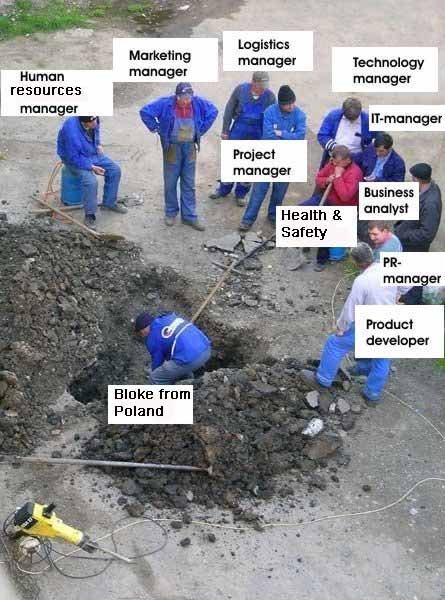I was reading an article about Syria’s civil war, and sentences kept jumping out at me.
For three men in northern Syria, the second civil war started shortly after the first staggered into a quagmire of sectarian violence. …
Like many others, the three men are bewildered at what has become of their war. Their alliances – and their goals – are shifting. …
They are a businessman, a smuggler and an army defector who became respectively the political officer, treasurer and military commander of a once-formidable battalion in northern Syria. …
“Maybe in 10 years we will all be bored with fighting and learn how to coexist.” He paused, then added: “In 10 years maybe, not now.” …
He opened Google Earth on his phone, zooming in closer and closer until the screen showed a small grey square: the house where his family used to live. “Before, all my family was in Syria, and I worried about them. Now, they’ve got out but I have lost my land. I have reached a point of despair,” he said. …
“I was in the revolution at the beginning, and I used to think that was going to be progress – but now we have lost everything. We don’t talk about military plans and hitting the regime – now the plotting is against each other.”
“I can’t defeat them [the jihadis] and the army. I am about to collapse. I can hold out for a month or two at most. Isis [jihadis] are expanding in a fearful way.” …
When they reached the base, the lieutenant sank down in a corner. He seemed weary. “I have been fighting for two years and a half. Tell me: what have I achieved? All I think about is attacking this checkpoint, getting that tank – maybe using the tank to attack another checkpoint.
“In all this time did I ever think of establishing governance? Did I consider working with the civilians in the areas under my control to get electricity or provide anything? …
He sighed. “… I want to get away from here and forget the absurdity of war. The liberated areas are in chaos: there is more purity on the frontlines.” …
“For three days I’ve been attacking this checkpoint,” said the lieutenant “I ask myself why, but I don’t know. Maybe because I can. Maybe because I need to keep my men busy. But honestly, I don’t know the purpose of all this. In Syria, everyone has lost. No one is winning.” …
The next day, the lieutenant decided he needed a break from war. A few days later, the smuggler, the lieutenant and another rebel officer were walking in an Istanbul shopping centre packed with Arab tourists. After two and a half years, the two men said they had finally decided to leave Syria and the war for good. …
Later, in the food court upstairs, the smuggler and the lieutenant ate lunch with another man, a people-smuggler, who told them how they could be spirited across the border into Greece and from there into Italy, where they could start a new life with their families. …
By now, the excitement of being in Istanbul had waned: the three men walked the streets aimlessly and sat for hours in cafes. … One evening, he admitted that he had tried to leave once before: he had stayed away for 25 days, but found he could not live in the world of peace: he missed the excitement, the combat, the camaraderie. …
The lieutenant left the cafe, and there was no news of him for weeks. Nobody knew if he was still in Turkey, or if he had gone with the people-smuggler and made his way to Italy.
When he finally called, he sounded relieved and almost cheerful. “I just couldn’t do it,” he said. “I couldn’t leave, I went back to Syria, to fight.”
People who go to war always say they do it to serve — their country, an ideal, their way of life, always something outside themselves. But then when the fighting is destroying what they care about they would stop, wouldn’t they?









 Via
Via 





